Emily Drouet isn’t here to see the impact she is having in changing and saving the lives of women and girls.
The teenager took her own life after being subjected to physical and psychological abuse at the hands of her ex-boyfriend.
But from that tragedy a campaign in her name is addressing gender-based violence (GBV) to help ensure others don’t suffer the same fate.
Pain never goes away
The pain never goes away for Emily’s mother Fiona, but she takes comfort in knowing her daughter is making a difference.
The Aberdeen law student was 18 when she took her own life in 2016.
Several days before she had been choked and slapped by her ex-boyfriend, a fellow student.
Angus Milligan later pleaded guilty to assault and threatening behaviour and was sentenced to 180 hours community service.
Fiona’s response was to lobby for better GBV prevention, intervention and support in universities and colleges.
A result was the EmilyTest, the world’s first GBV charter.
UHI Inverness is one of only four colleges in Scotland to achieve the status by meeting more than 40 minimum standards.
‘This can’t be a tick-box exercise’
Fiona is in no doubt the work is having an impact.
“We know we’ve saved lives.
“That’s the bittersweet thing about it. We can’t go back, we can’t change it for Emily.
“But what we can do is make sure her life meant something and that she’s saving other lives which I think is an amazing legacy.
“Knowing Emily, she would absolutely love that.”
Fiona and her family’s world changed on March 17 2016 when Emily took her own life.
Her first inkling that something was wrong was when police arrived at her home at 1.30am.
She said:“ It’s eight years and I still think about it every day.
“When we started this work, it was very much about survival.
“I had to throw myself into looking at how we make it better so it didn’t happen again.
“That was the focus and it’s remained the focus.
‘We’ll never get over it’
“What drives me is, say lessons are not learned, say everything stays the same and it happens again. What was Emily’s life then?
“Her life was worth something. She was an amazing girl, she just had an amazing presence.
“We miss her every single day. There is not a moment goes by we don’t think about Emily.
“You would think it would get better, but sometimes it gets worse because it’s longer without your child. Longer without a cuddle, to hold her, to see her.
“We know now we will never get over it. We know that’s not going to change.
“But I get strength from seeing the difference she is making and I think I would get her blessing. I hope so.”
Having previously run a retail business, Fiona’s time is now taken up completely with the charity’s work.
“This is changing lives, it is saving lives. There is no end for EmilyTest. I hope the charity will be around for a long time, well after me.”
Fiona, who has also launched a petition to make non-fatal strangulation (NFS) a standalone offence, believes the charity’s success is down to people making a connection with Emily.
“Colleagues feel they know her. So many people, because of Emily’s story, have reached out for help.
“They see the EmilyTest in universities and colleges and feel now they can come forward for help.
“I feel my daughter is amazing to bring this change when she is not even here.”
Students coming forward to report abuse
The award for UHI Inverness is the culmination of two years of work to establish practices and training on GBV prevention and support.
It includes a dedicated webpage and an online reporting tool.
Vice principal Dr Lindsay Snodgrass said many students have come forward to speak about historic and current abuse issues on and off campus.
Dr Snodgrass said: ““We can think of a number of cases where we feel that our intervention has literally saved lives.”
For more Inverness news and updates visit our dedicated page and join our local Facebook group.
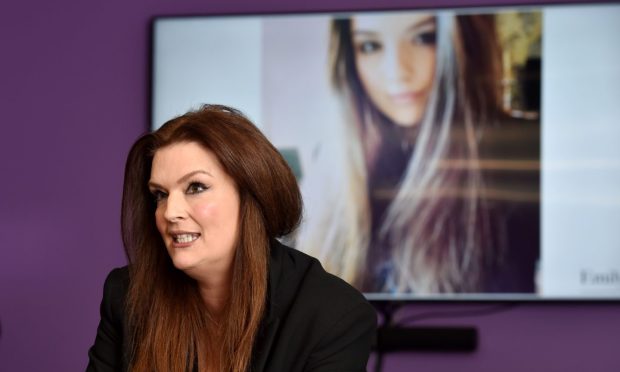
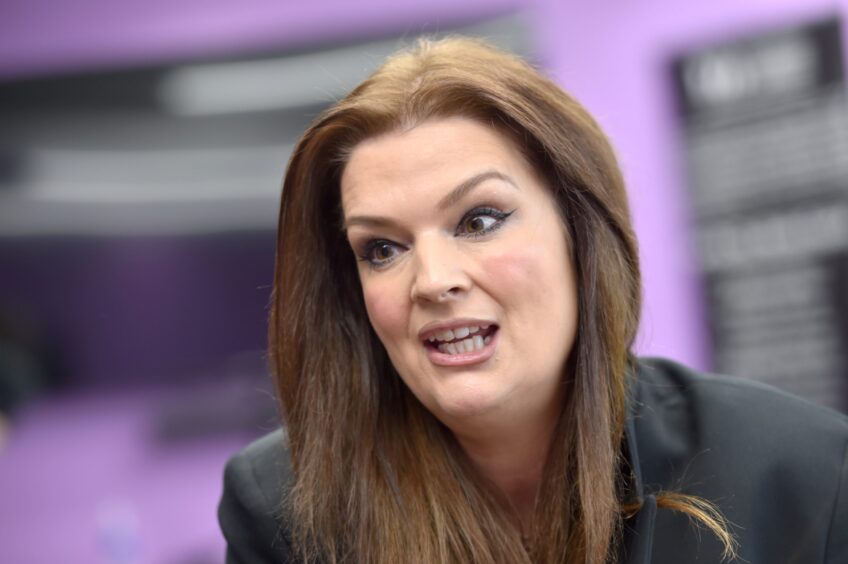
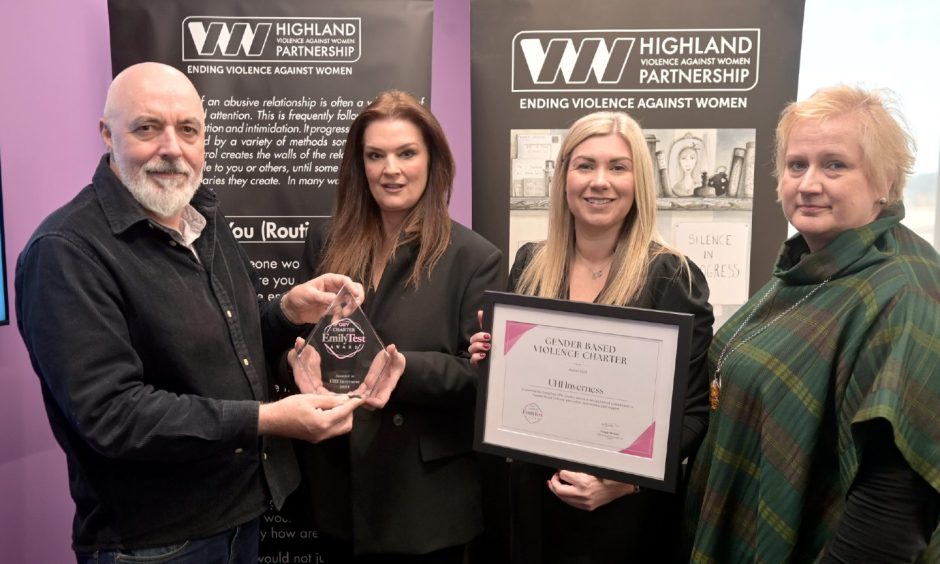
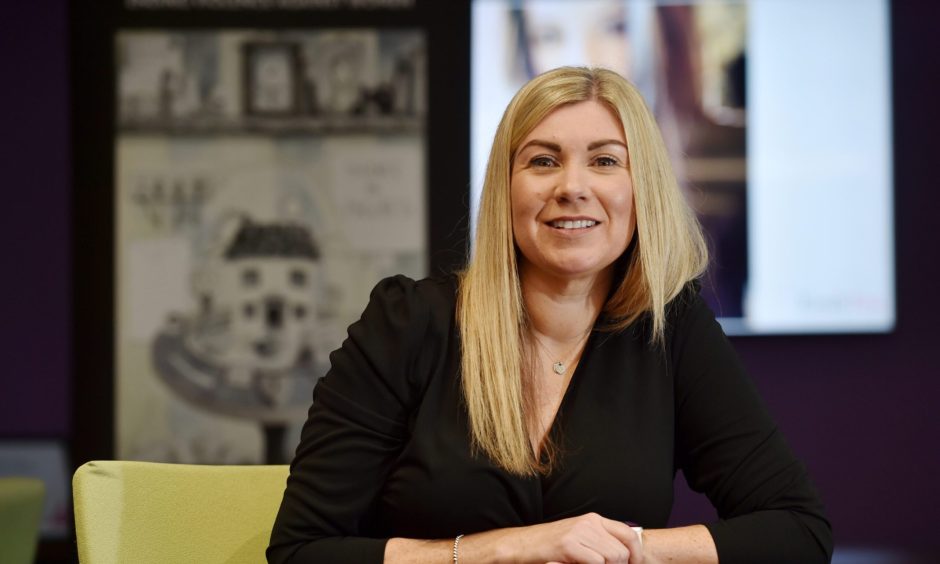
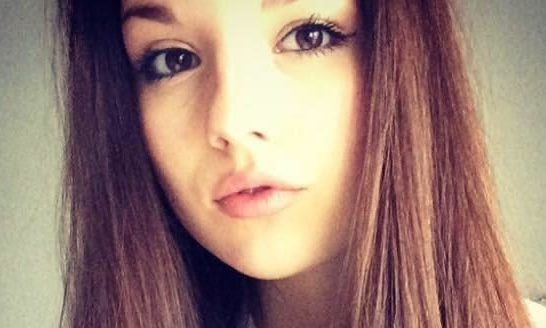
Conversation